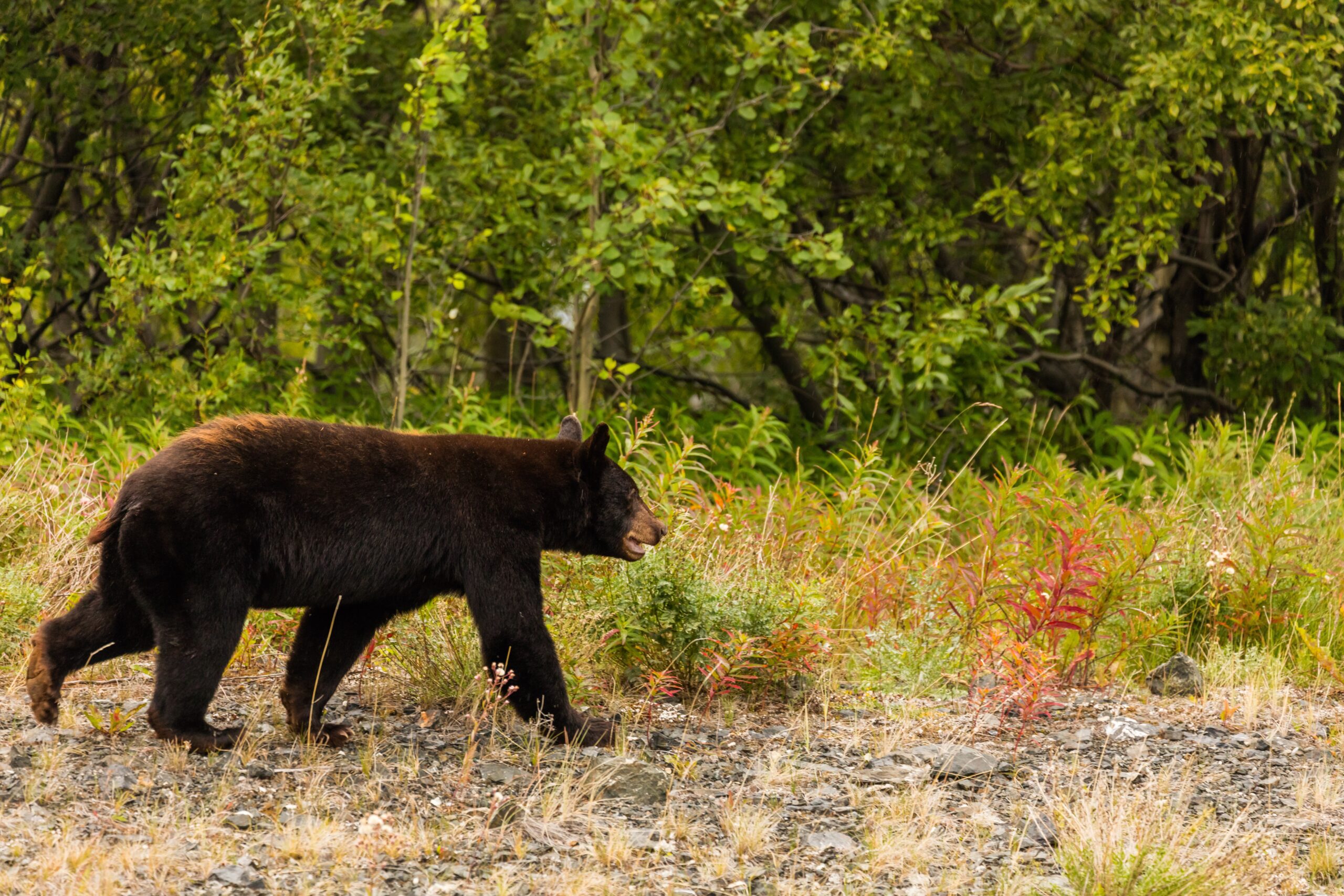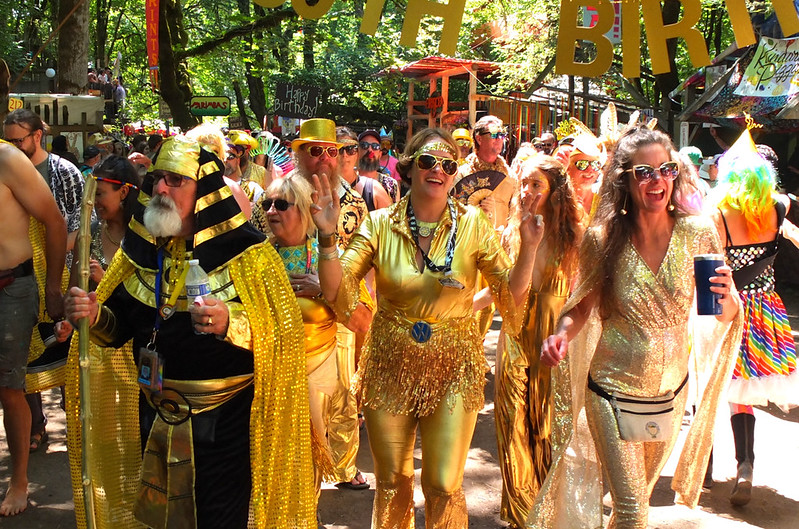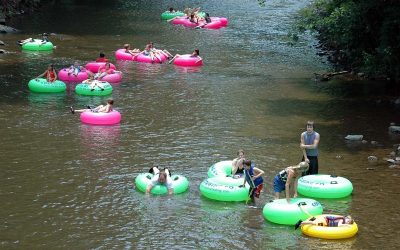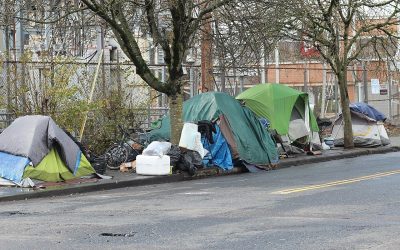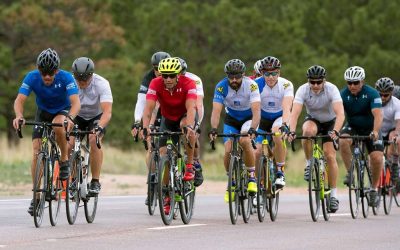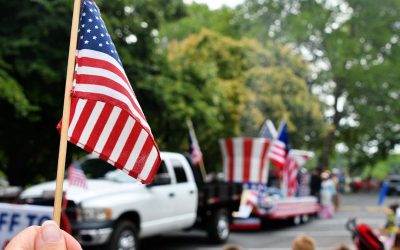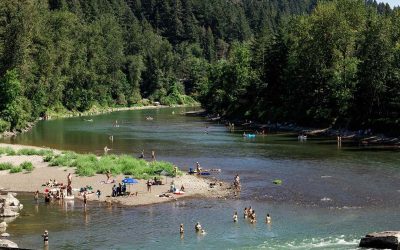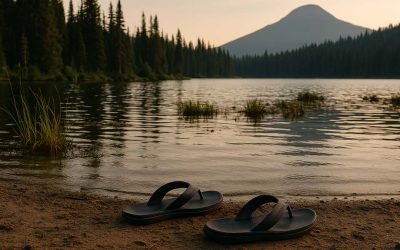The Oregon Department of Fish and Wildlife (ODFW) is issuing a caution to residents about the hazards of feeding wild bears, following a distressing incident involving a black bear near Eugene. According to ODFW, the bear had become too accustomed to human interaction after being fed by locals, leading to its euthanization earlier last week.
The male bear, about two years old, first appeared in Cottage Grove on March 5 and was observed in close proximity to residential areas for several weeks. Despite efforts to discourage this behavior, including a warning issued by ODFW and Oregon State Police to a car dealership and its employee known to feed the bear, the animal continued to seek food from humans. The bear's lack of fear and increased boldness culminated in an incident where it trapped a woman attempting to enter her home and later rested on another individual’s porch.
At ODFW's behest, Oregon State Police euthanized the bear on Monday. “No one wished for this outcome,” stated district wildlife biologist Chris Yee, emphasizing that the bear's fate was a direct consequence of people feeding it intentionally.
Relocation was not deemed a viable option for the bear, as it had grown accustomed to human-provided food and could potentially travel great distances to return or exhibit similar behaviors elsewhere. Moreover, feeding bears is illegal in Oregon, punishable by a misdemeanor charge.
ODFW shared additional insights, noting that older bears, especially those habituated to human interaction, are seldom suitable for zoo or sanctuary living due to their extensive home range needs and the infeasibility of adapting to confined spaces. They highlighted the importance of coexistence, pointing out that bears, particularly drawn by their keen sense of smell, can remember food sources and pass this knowledge to their offspring, exacerbating human-wildlife conflicts.
Humans unintentionally feeding bears can have adverse effects on their diet, health, and safety, potentially endangering both the animals and people. To promote harmonious living with wildlife, ODFW recommends never feeding or approaching bears, securing trash and food scraps, removing bird feeders when bears are active, keeping pet food indoors, cleaning grills after use, and reporting unusual bear activity. These proactive measures are crucial for keeping communities safe and wildlife wild.
While not explicitly stated by the agency, a similar situation unfolded with a notorious bear in Northern California. Dubbed "Hank the Tank" by the local community, this hefty 500-pound female black bear gained infamy for guiding her cubs through kitchen break-ins in the South Lake Tahoe region. State authorities were able to connect the overweight bear's genetic markers to over 21 residential break-ins, leading to the decision to relocate her to Colorado.
For more tips on living responsibly with black bears and to prevent situations like the one in Cottage Grove from reoccurring, visit ODFW's guide at https://myodfw.com/articles/help-keep-bears-wild. The collective effort of the community is essential in mitigating risks associated with wildlife interactions and ensuring the safety of both humans and animals.

